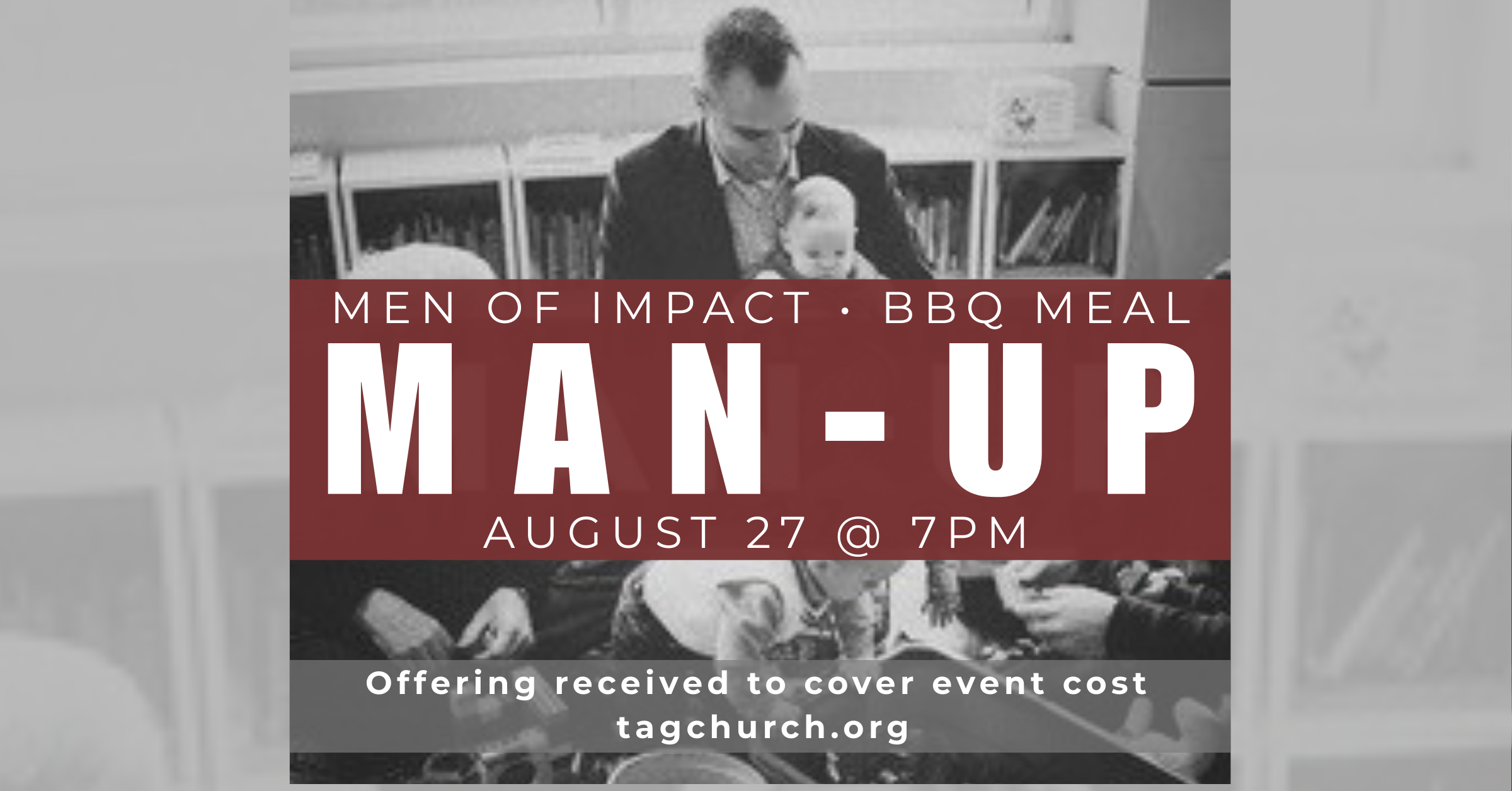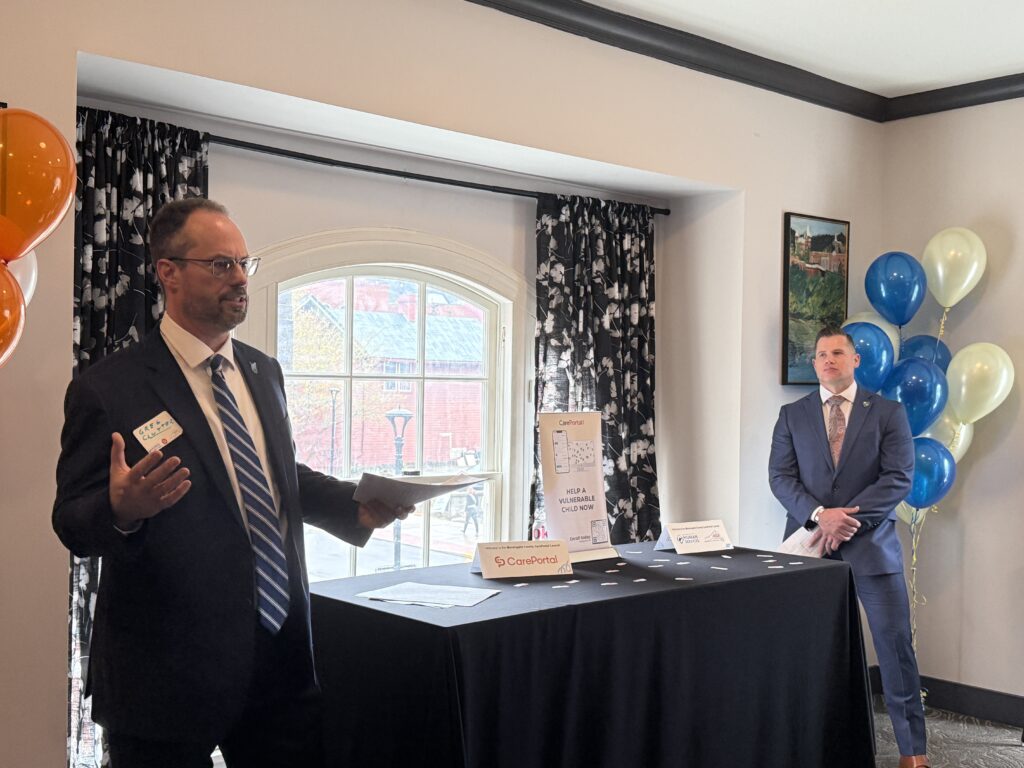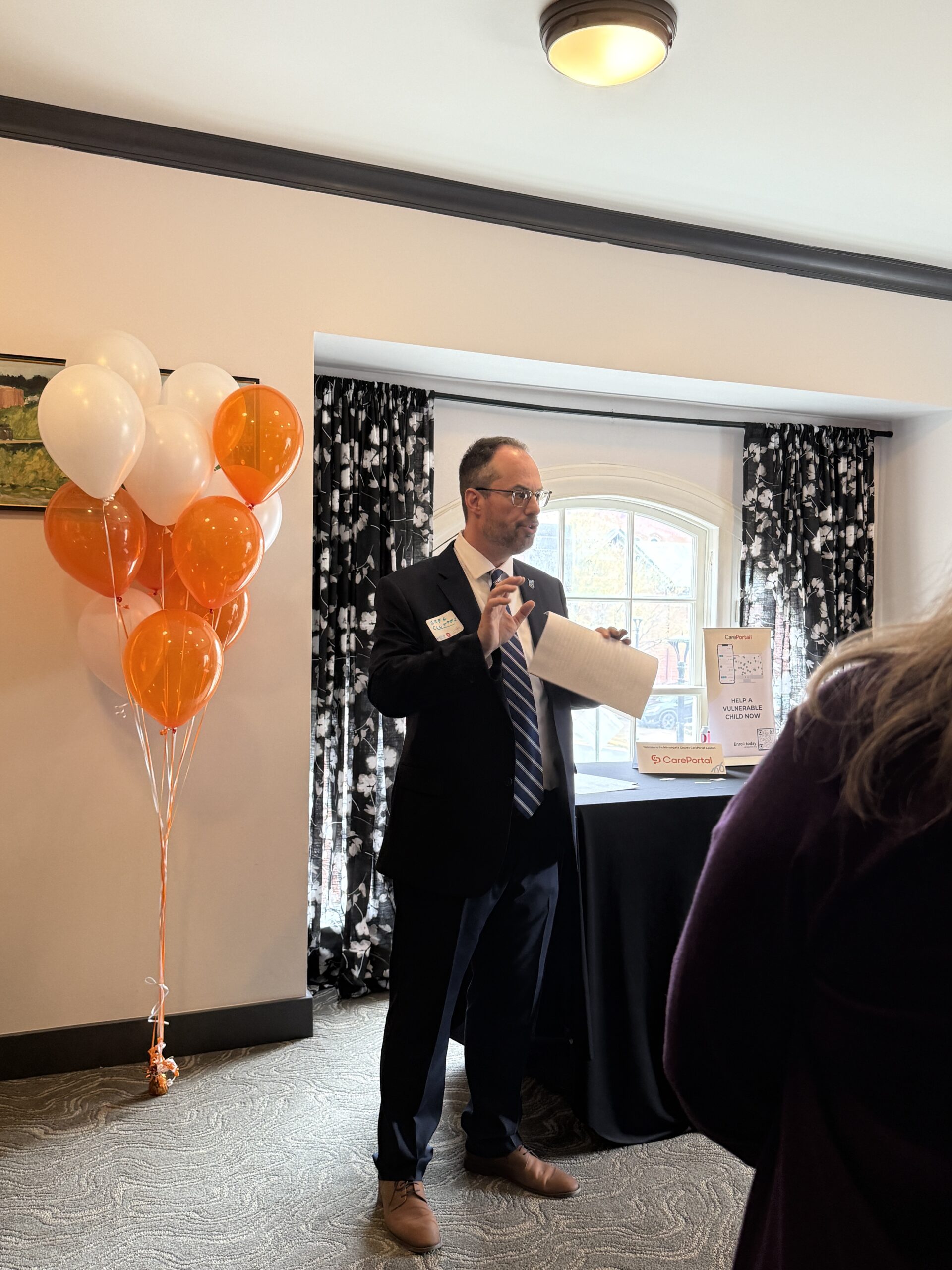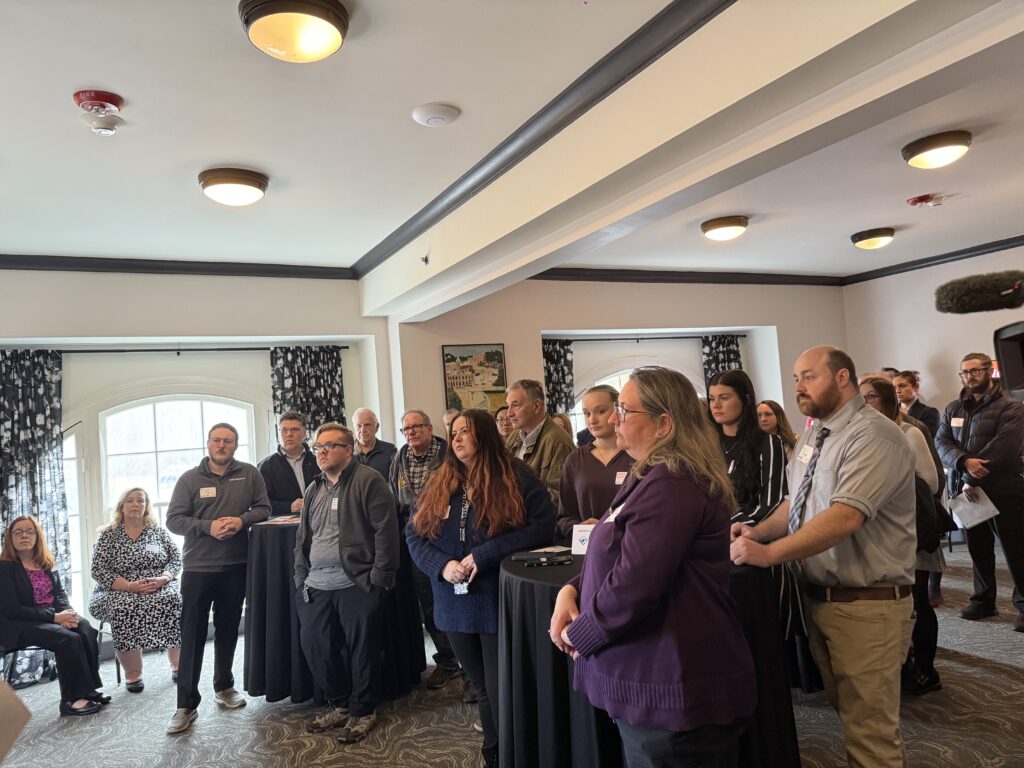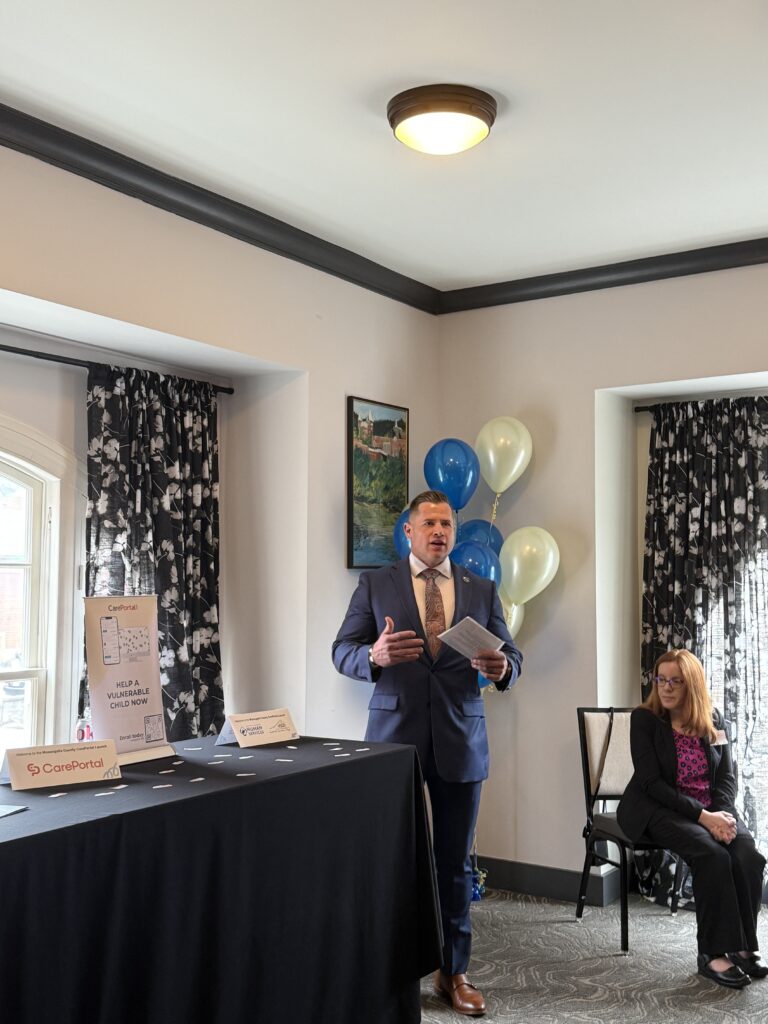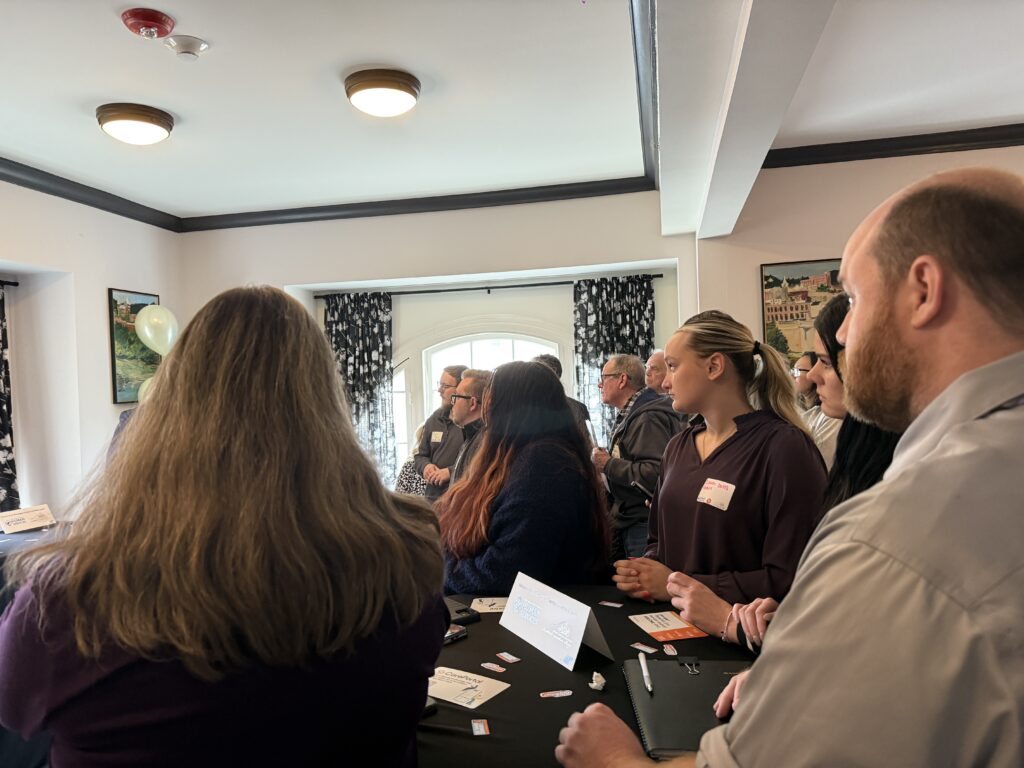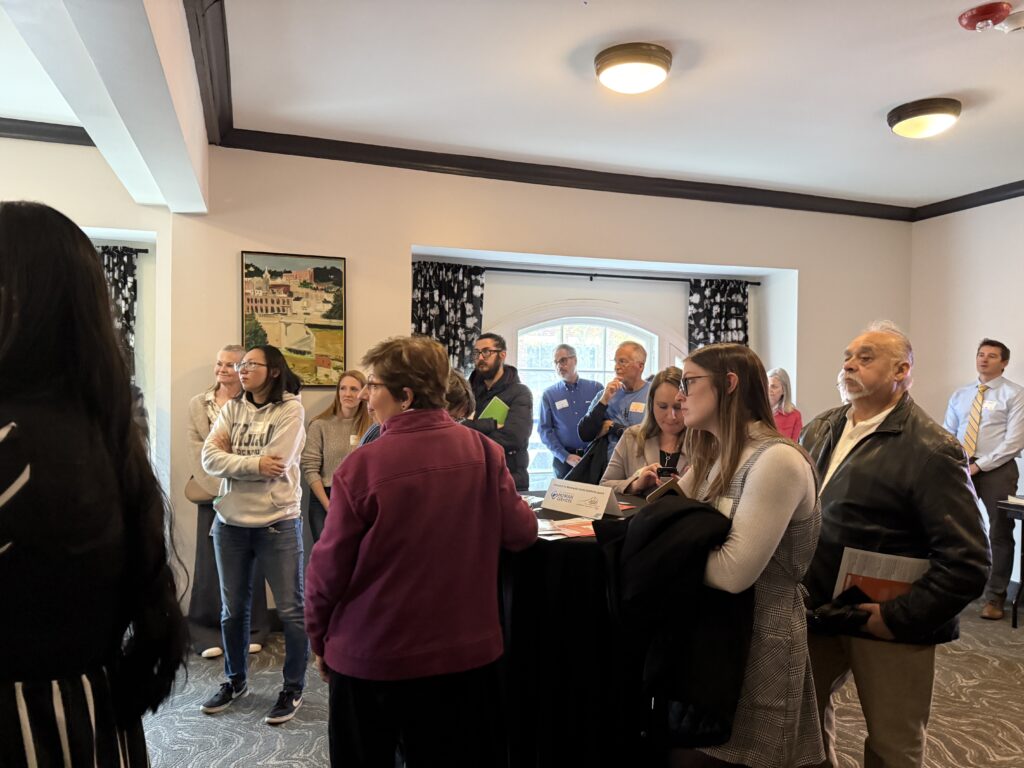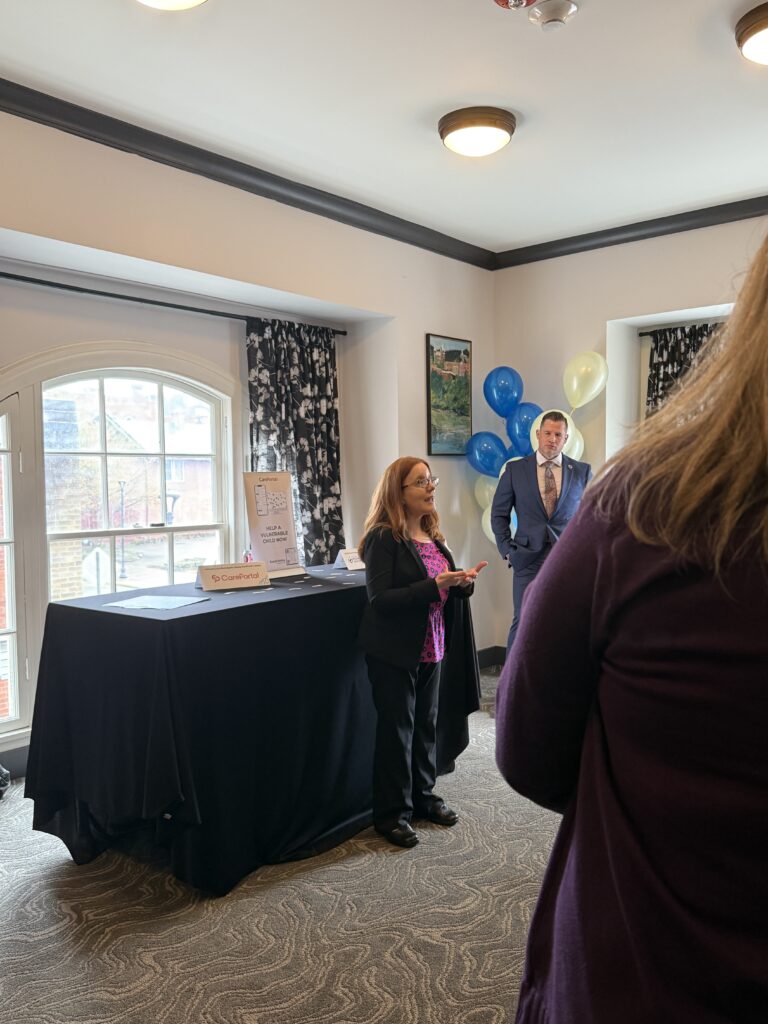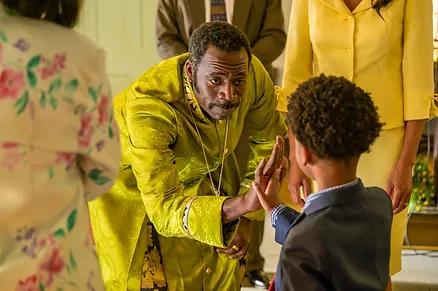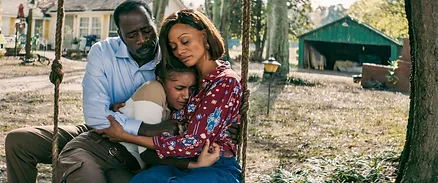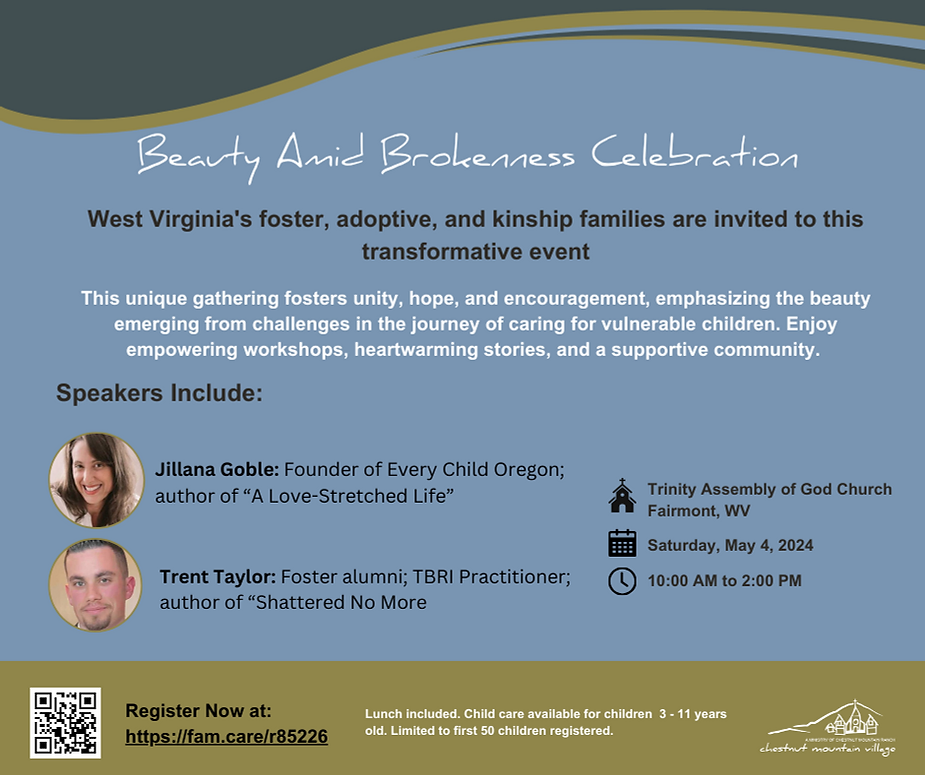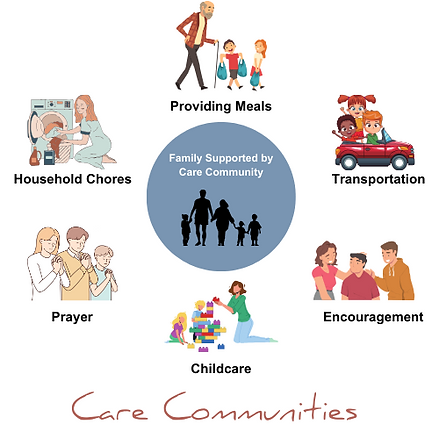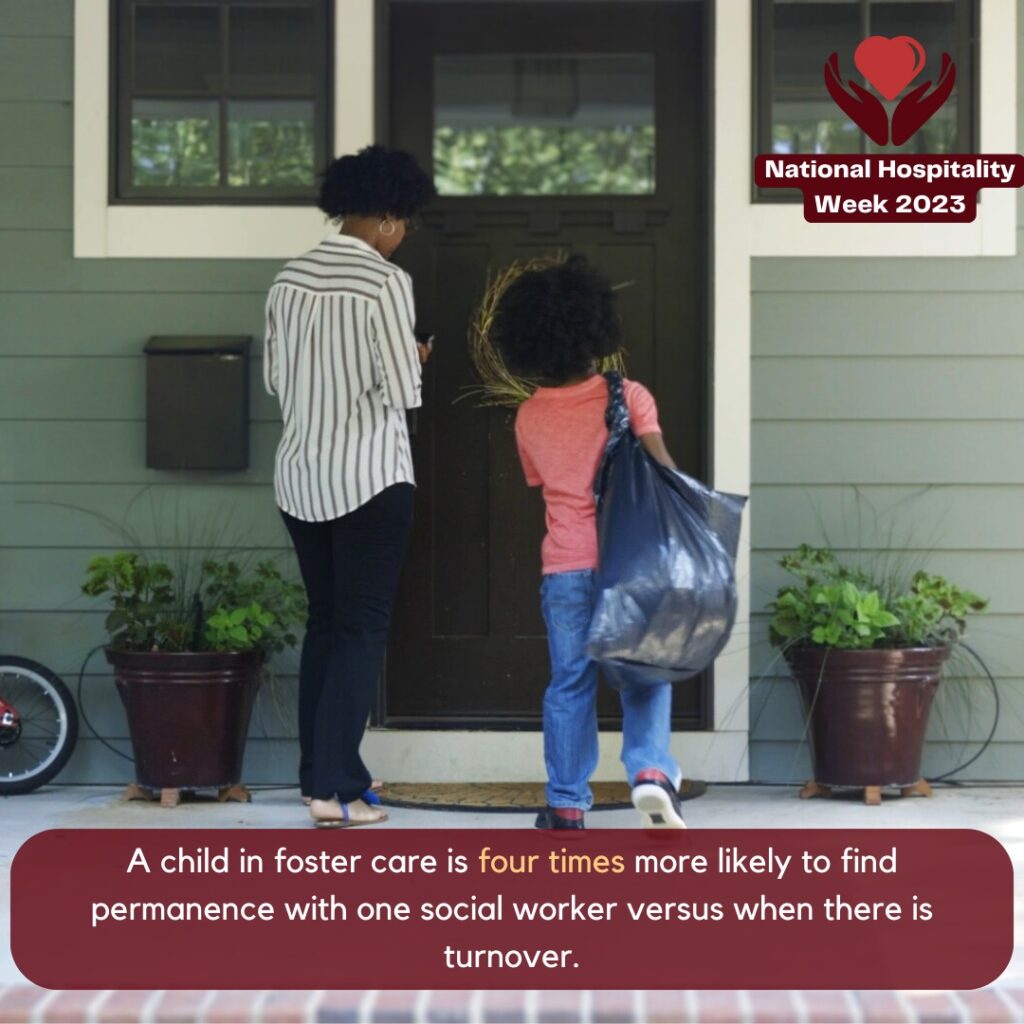In April 2024, Chestnut Mountain Village, two Monongalia County churches, and a local family serving organization launched a small but ambitious “proof of concept” to see whether CarePortal could help meet the real needs of children and families in crisis.
Through CarePortal, local child serving agencies are able to enter needs such as beds, clothing, transportation help, or household essentials. Those needs of local children and families are then immediately shared with nearby churches and community members who can respond in real time. CarePortal creates a simple connection point that allows people to meet practical needs quickly, stabilize families before crises escalate, and support children safely in their own homes whenever possible.
That early team believed something simple. The resources were already in the community. The willing people were already there. What was missing was connection.
Earlier this month, Mountain Heights Church became the 20th church to join the Monongalia County CarePortal network. From a tiny experiment to a growing movement, a local idea is becoming a community wide effort.
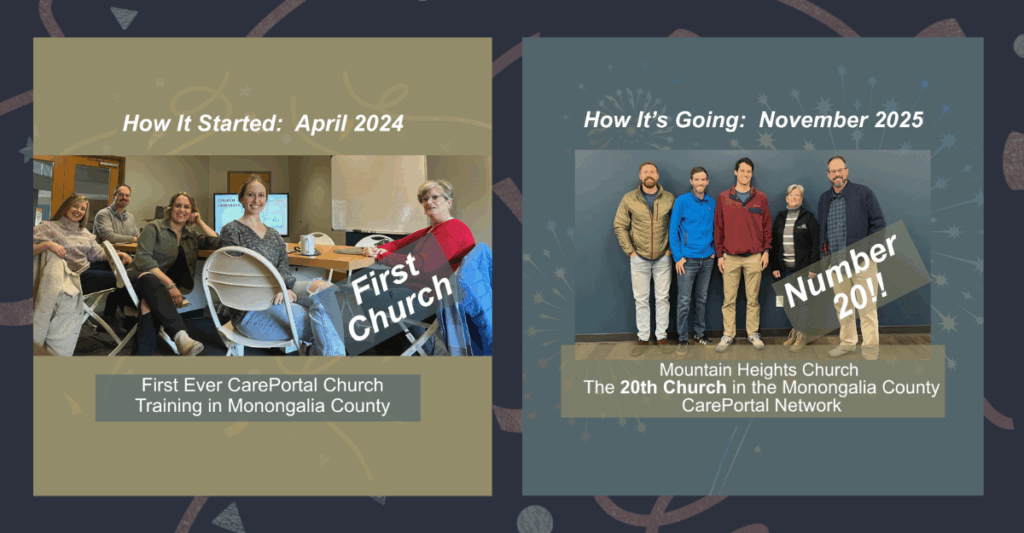
Since that early 2024 trial, Chestnut Mountain Village and the West Virginia Department of Human Services have partnered not only to pilot CarePortal in Monongalia and Preston Counties, but to expand this work in those counties and prepare to launch in four additional counties in the near future.
Deep gratitude to Chestnut Ridge Church, CMA Church of Morgantown, and Compass Women’s Center for being the original West Virginia CarePortal trailblazers. And sincere thanks to every church, volunteer, and partner who continues to prove that “not enough” does not have to be the story. We are working toward more than enough for vulnerable children before, during, and beyond foster care.


